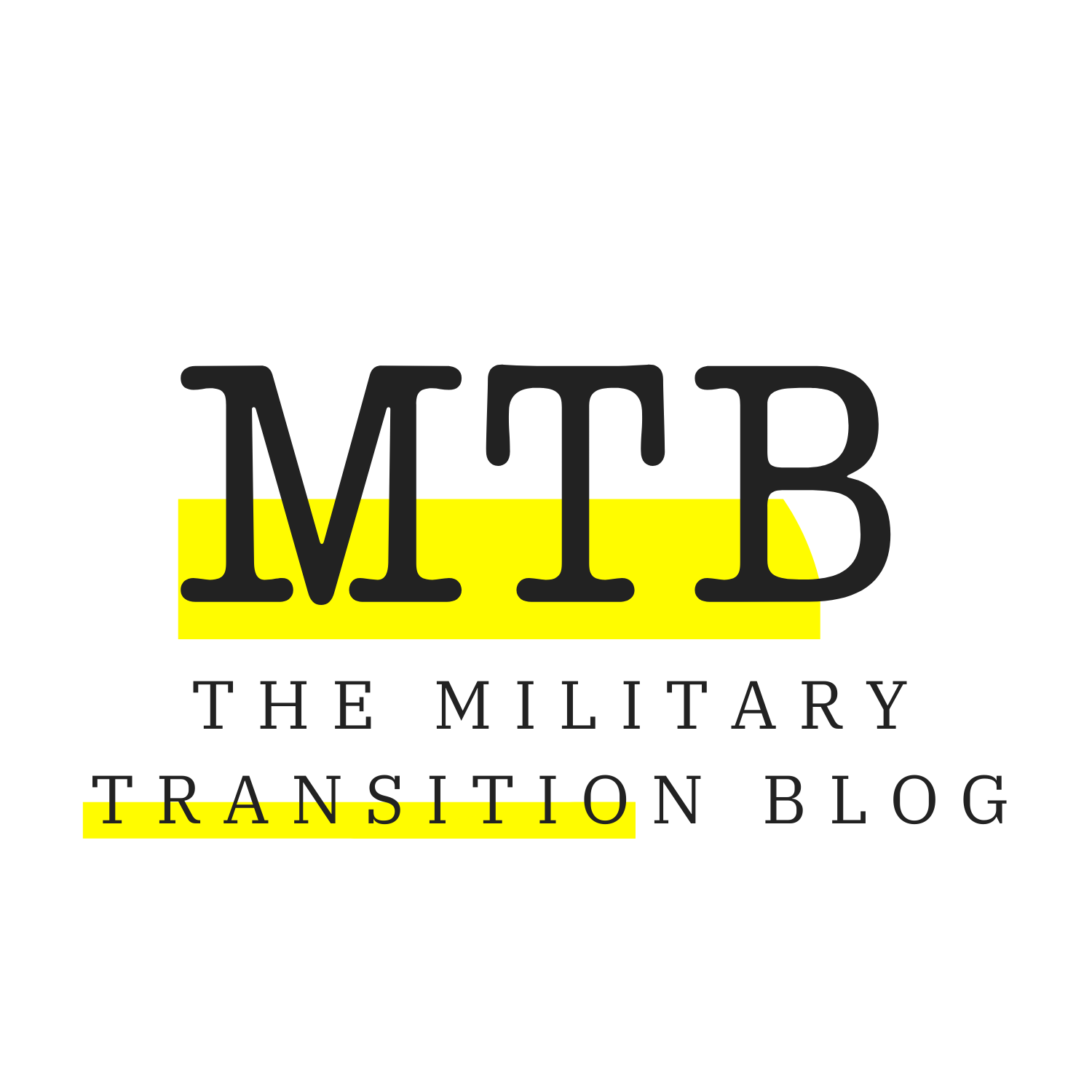You are valuable. There, I said it. Your service and dedication to the service of your country are very important. But make no mistake, the United States Air Force, or Army or whatever service you are in will go on without you. Not only will it go on without you, but it will also continue to be the greatest military in the world. So why do you feel so darn guilty about leaving?
Haters
There all types of people who will try to make you feel some type of way about your desire to transition out of the military. I’m going to call most of those people Haters. Your supervisor or commander may try to convince you that you are HPO material and, “if you dedicate a few more years, you will really start to bloom and blossom in your career.” But if you are so great, why are they just now telling you so or why does your last OPR show you are just average when ranked against your peers? That same category of people may also make you feel like just mentioning that fact that you are considering separation or retirement is a career-ender and they will immediately stop considering you for upward advancement or positions that would propel your career forward.
Your peers will only be thinking themselves. They are worried about how your workload will shift to their plates because we have done more with less for so long, everyone is overtasked. Very similar to how those same peers feel when a deployment tasking comes down. I’ve been guilty of those same thoughts, “Who is supposed to pick up his work when he’s gone?”
Your family will appear happy for you, but if you talk about it too long, they will keep questioning your after-transition plans and make you feel like a fool for even considering leaving such a “good gig.” Your friends will get nervous because you may have to leave the area you currently reside and they won’t have the same access that they have to you now.
Your airman, soldiers, and marines, and seaman will still look like lost puppies or Play-Doh that is in severe need of you constant molding, encouragement, protection, mentorship, and support. You will tell yourself that sure, others can do this job, but none of them will do it quite as well as you can.
The guilt starts to set in. The guilt of leaving behind all of the people who are counting on you. What will your mother gush to her friends about if you get out? What will your uncle, who retired as a Gunnery Sergeant, talk to you about at the family reunion? What will be your new purpose? How on earth will you handle living in the same city for longer than 3 years?
Anxiety Manifested as Guilt
But, I would venture to guess it isn’t just guilt that is manifesting itself, it is anxiety. The anxiety you are feeling about entering the unknown territory of life after the military. The loss of camaraderie, the loss of structure, not being around “like” individuals with a similar purpose, and having to decide what different outfits to wear every day are very real fears.
The art of practicing self-care and you making an adult decision to alter the trajectory of your life by ending your commission or separating at the end of your enlistment should not be punished by those in positions of authority over you. I would venture to say they are either jealous that they don’t have the balls to get out or they are afraid of continuing to do more with less. It is not your job to save your unit, squadron, battalion, or Center from “additional-duty” hell. It is not your job to continue to carry the weight of your less performing peers. It is not your job to be your commander’s go-to person for the Air Force Assistance Fund, Marine Corps Ball, or Army Birthday committee’s. Those are positions you may have held in the past or positions you would be a great pick for, but they are not your responsibility. As in years before, others can successfully complete the task without you.
You may even be anxious about things you don’t even know you’re anxious about, like medical insurance for instance. Who knew you have to pay copays at the time of the appointment? How much does that medication cost? Losing that military discount at the places you love to shop, having to pay the AmEx Platinum annual fee, or worst yet, having to pay airline baggage fees when you fly. The last three are giving me severe anxiety right now just typing it.
If you feel overwhelmed by anxiety, don’t be afraid to seek help. Behavioral Health is a great place to start. For those who want a bit more anonymity, Military Once Source also has access to counselors to help you talk through your feelings.
This Too Shall Pass
But on a more serious note, if you have embodied your calling to be the best NCO or Officer (or anything in between) that you can be, then leaving the familiar is bound to cause guilt and anxiety. Influencing and molding the lives of those around you is a calling that is not easily let go of. The good news is, you don’t have to let that part go. You can always volunteer to be a mentor (Boys and Girls Clubs, Big Brother/Big Sister Organizations, YMCA, JROTC, High Schools, Outreach Programs, etc). You can do what I’m doing–write. Write blogs, articles, do a podcast, journal, get your thoughts and feeling out there to the world. Teach others what you wish someone would have taught you. Bless others with the time and attention you were shown by someone special as a young Airmen or Soldier. Be the change you want to see in the world.
Your decision to end your military career should be celebrated and congratulated by all of those around you. Sometimes you are unexpectantly discharged from the military, usually due to medical reasons. But even under those circumstances, you shouldn’t feel guilty. That decision was out of your control and the military board made a decision that was to the benefit to you, the member, and to the military service you serve in. You need to take care of yourself and take care of our condition/ailment/injury. Your unit will go on without you.
Other times, you leave the military for much less celebrated reasons, like forms of punitive discharges and less than honorable circumstances. Even in these cases, don’t feel guilty. Mistakes were made, you made a mistake. Learn from it, grow from it, and go on with your life. When you know better, do better.





0 Comments